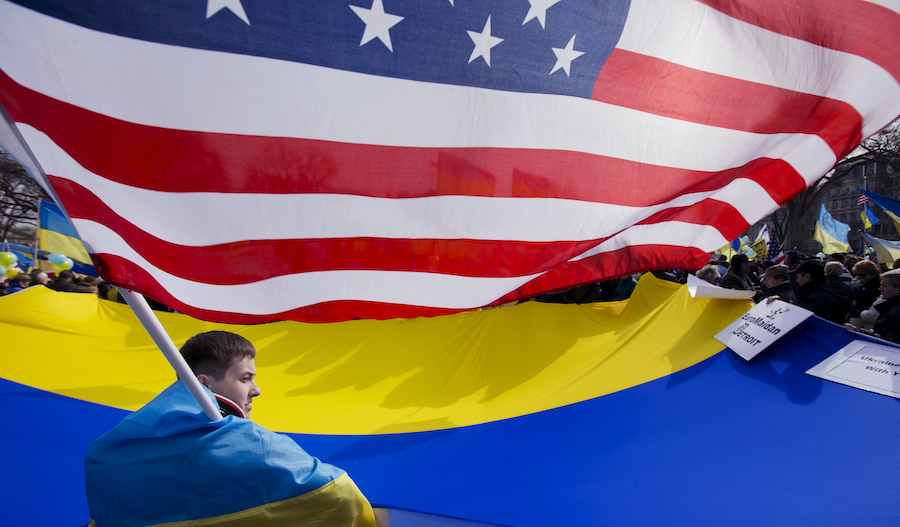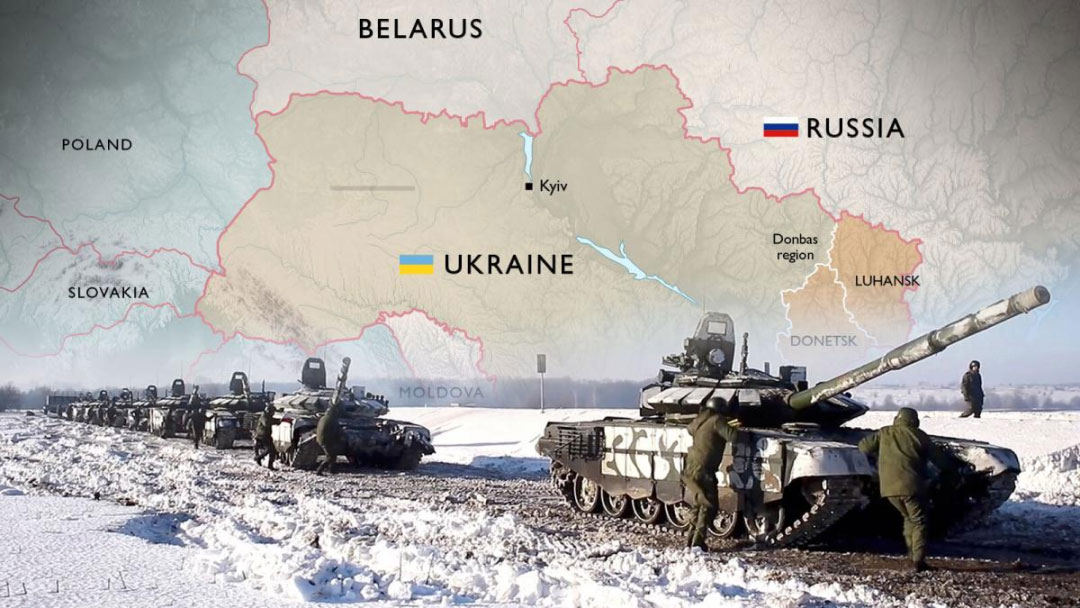Richard Javad Heydarian, Professorial Chairholder in Geopolitics, Polytechnic University of the Philippines
Apr 22, 2022
The U.S. and India are currently in a sort of golden age of relations - both of them using the other to build up capital against China’s influence. However, India’s Cold War history with Russia leaves it on shaky terms with the U.S. amid the Ukraine crisis, and adds an unforeseen wrinkle to America’s best-laid plans for the region.
Richard Weitz, Senior Fellow, Hudson Institute
Apr 18, 2022
The Russia-Ukraine War is driving global change in both the economic and security domains. China and the United States will face a different world than existed before the Russian military operation that began on February 24.

Shen Yamei, Director, Department for American Studies, China Institute of International Studies
Apr 10, 2022
The international credibility of the United States has been thrown into question. Failure to deliver on promises and various signs of weakness will diminish trust in the U.S. by its allies, thus dampening its appeal and leadership.

Feng Yujun, Vice President, Institute of International Studies at Fudan University
Apr 07, 2022
No matter how things go on the battlefield, Russia seems to have lost politically, economically and diplomatically. While the strategic center of gravity has shifted, Russia remains obsessed with territorial expansion and control of natural resources.
Joseph S. Nye, Professor, Harvard University
Apr 05, 2022
Russian President Vladimir Putin thought he could quickly capture Kyiv and replace Ukraine’s government. Whether he was misled by poor intelligence or by his own fantasies about history, his “smash and grab” failed in the face of effective Ukrainian resistance. He then turned to a brutal bombardment of cities like Mariupol and Kharkiv to terrorize the civilian population into submission – as he had previously done in Grozny and Aleppo. The tragic upshot is that Ukraine’s heroic resistance has been accompanied by increasing civilian suffering.
Wang Fudong, Assistant Research Fellow, Institute of International Economics and Politics, Shandong Academy of Social Sciences
Mar 31, 2022
With America distracted by the Russia-Ukraine conflict, the ICBM on the Korean Peninsula is not getting much attention. But the problem won’t go away without judicious action on both sides.
Kemel Toktomushev, Research Fellow, University of Central Asia
Mar 28, 2022
China has remained relatively quiet on Russia’s invasion of Ukraine, to the annoyance of the West. There may be several explanations for Beijing’s aloofness.
Chen Zinan, Assistant Researcher, Maritime Strategy Studies, CICIR
Mar 28, 2022
The Russia-Ukraine conflict has disrupted the governance of the northern region, posing a threat to economic cooperation and risking military escalation. Changes to the framework and their effect on Russia are worthy of close attention going forward.
Chan Yi Ngok, MPP, Blavatnik School of Government
Mar 28, 2022
While the issue is complex for China and the EU, one attainable step would be to cooperate on humanitarian relief for Ukraine — delivering medical and sanitary supplies. They should also press for a cease-fire.
Richard Javad Heydarian, Professorial Chairholder in Geopolitics, Polytechnic University of the Philippines
Mar 24, 2022
Russia has quietly become a major player in Southeast Asia by arming and supporting many of China’s rivals. But strategic alignments in the region may soon change following Russia’s invasion of Ukraine leading to a growing dependence on China.
Back to Top

- China-US Focus builds trust and understanding between the U.S. and China through open dialogue among thought leaders.
- Our Offerings
- Topics
- Videos
- Podcasts
- Columnists
- Research Reports
- Focus Digest
- Stay Connected
-
Thanks for signing up!
- Get the latest stories from China-US Focus weekly.